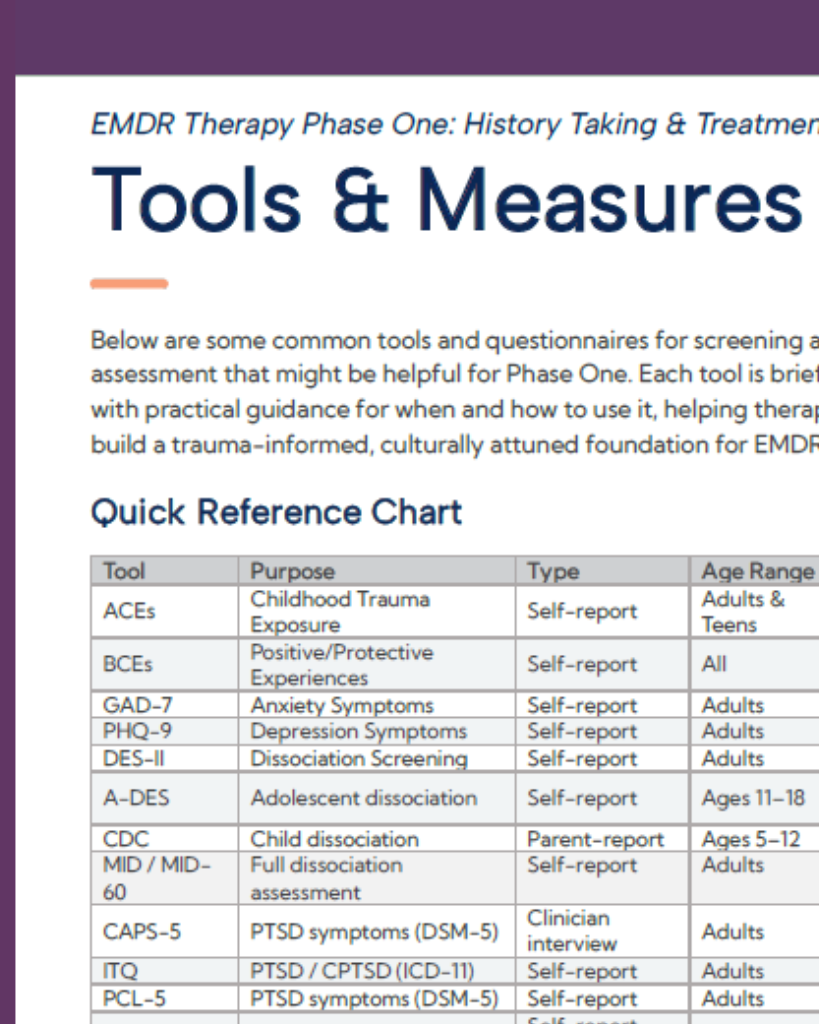Ikke-medikamentelle behandlinger for voksne med posttraumatisk stresslidelse (PTSD): hurtigoversikt for samvalgsverktøy
[Non-pharmaceutical treatments for adults with posttraumatic stress disorder (PTSD): a rapid review for patient decision aid]
Denne rapporten fra Folkehelseinstituttet er en oversikt over ikke-farmakologiske behandlinger for voksne med PTSD med mål om å øke livskvaliteten.
[This report by the Norwegian Institute of Public Health is a review of non-pharmocological treatments for adults with PTSD toward the goal of increasing quality of life.]
Article Abstract
Abstrakt: “Posttraumatisk stresslidelse (PTSD) kan utvikles etter å ha opplevd eller vært vitne til ekstremt truende eller skremmende hendelser. Hvis tilstanden ikke behandles, kan den svekke normal daglig funksjon, og det er derfor det er viktig å finne passende behandlingsmetoder. Denne hurtigoversikten undersøkte effekten av ikke-farmakologiske behandlinger for å redusere typiske PTSD-symptomer som angst og depresjon, forbedre livskvaliteten og forbedre daglig funksjon. Vi søkte etter systematiske oversikter i databasene Epistemonikos, Cochrane Library, MEDLINE og APA PsycInfo.
Vi inkluderte to systematiske oversikter som evaluerte ulike behandlingsformer med hensyn til PTSD-symptomer og funksjon. Resultatene viser at traumefokusert kognitiv atferdsterapi (TF-CBT) og gruppebasert TF-CBT sannsynligvis reduserer PTSD-symptomer sammenlignet med enten behandling som vanlig (TAU) eller venteliste (WL). Kognitiv terapi, kognitiv prosesseringsterapi, ikke-TF-CBT, langvarig eksponering, narrativ eksponeringsterapi og øyebevegelsesdesensitivisering og reprosessering kan redusere PTSD-symptomer sammenlignet med enten TAU eller WL. Når det gjelder effekter på funksjon, kan psykoterapeutiske behandlinger ha positive effekter sammenlignet med TAU og WL, mens kognitivbaserte behandlinger kan være fordelaktige sammenlignet med mestring/ferdighetstrening. For andre behandlingsformer er bevisene for begrenset til å trekke konklusjoner om PTSD-symptomer og funksjon.
Noen av behandlingene vi identifiserte er relativt nye. Derfor er det mindre forskning tilgjengelig om disse sammenlignet med mer etablerte behandlingsformer, men disse nyere behandlingene kan også ha positive effekter.”
[“Post-traumatic stress disorder (PTSD) can develop after experiencing or witnessing extremely threatening or frightening events. If untreated, the condition can impair normal daily functioning, which is why finding suitable treatment methods is important. This rapid review examined the effect of non-pharmacological treatments for reducing typical PTSD symptoms such as anxiety and depression, improving quality of life, and enhancing daily functioning. We searched for systematic reviews in the databases Epistemonikos, Cochrane Library, MEDLINE, and APA PsycInfo.
We included two systematic reviews that evaluated various treatment forms with respect to PTSD symptoms and function. The results show that trauma-focused cognitive behavioral therapy (TF-CBT) and group-based TF-CBT likely reduce PTSD symptoms compared to either treatment-as-usual (TAU) or waitlist (WL). Cognitive therapy, cognitive processing therapy, non-TF-CBT, prolonged exposure, narrative exposure therapy, and eye movement desensitization and reprocessing may reduce PTSD symptoms compared to either TAU or WL. Regarding effects on function, psychotherapeutic treatments may have positive effects compared to TAU and WL, while cognitive-based treatments may be advantageous compared to coping/skills training. For other treatment forms, the evidence is too limited to draw conclusions about PTSD symptoms and function.
Some of the treatments we identified are relatively new. Therefore, there is less research available about these compared to more established forms of treatment, but these newer treatments may also have positive effects.”]
—Description from publisher
Article Access
Open Access
Frønsdal, K., Refsdal, T. L., Øktedalen, T., Gjersheim, M. K., & Haarse, H. K. (2025). Ikke-medikamentelle behandlinger for voksne med posttraumatisk stresslidelse (PTSD). Norwegian Institute of Public Health. Open access: https://www.fhi.no/en/publ/2025/Non-pharmaceutical-treatments-for-adults-with-PTSD/
Date
September 10, 2025
Creator(s)
Katrine Frønsdal, Tonje Lehne Refsdal, Tuva Øktedalen
Contributor(s)
Marie Klæt Gjersheim, Hanne Kristine Haarsey
Topics
PTSD
Extent
40 pages
Publisher
Norwegian Institute of Public Health
APA Citation
Frønsdal, K., Refsdal, T. L., Øktedalen, T., Gjersheim, M. K., & Haarse, H. K. (2025). Ikke-medikamentelle behandlinger for voksne med posttraumatisk stresslidelse (PTSD). Norwegian Institute of Public Health. Open access: https://www.fhi.no/en/publ/2025/Non-pharmaceutical-treatments-for-adults-with-PTSD/
Audience
EMDR Therapists
Language
Norwegian
Content Type
Meta-analyses/Systematic Reviews, Report
Access Type
External Resource, Open Access





